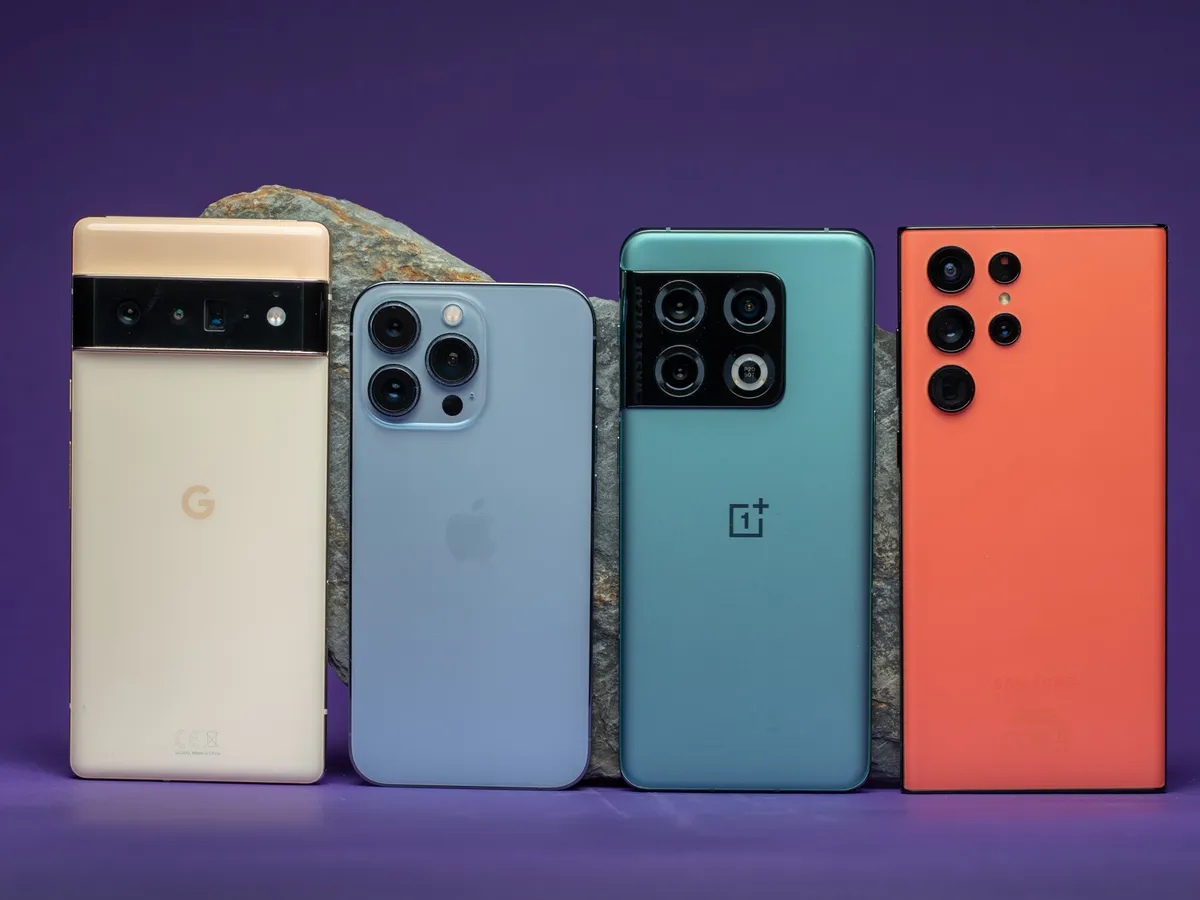In today’s fast-evolving tech world, choosing the right gadget can feel overwhelming. New models and features drop almost daily, and marketers often flood consumers with confusing specs and claims. At Review Hub Global, we believe an informed buyer is a confident buyer. In this guide, we’ll walk you through a practical, step-by-step process to make smart tech purchases in 2025.
1. Understand Your Needs First
Before diving into specs and brand names, ask yourself:
- What is your primary use case? (e.g. gaming, productivity, content creation, casual use)
- Where will you use it? (e.g. home, travel, field work)
- How long do you expect to keep it? (Technology evolves — consider future-proofing)
Knowing what you really need helps you set priorities and avoid overpaying for features you won’t use.
2. Identify Key Specifications That Actually Matter
Marketers often highlight impressive specs. But not all specs equally affect everyday experience. Focus on:
| Spec | Why It Matters | How to Judge |
|---|---|---|
| Processor / Chipset | Determines speed for your tasks | Look for modern-generation CPUs/SoCs with good benchmarks |
| Memory (RAM) | Impacts multitasking | 8 GB is baseline; 16 GB+ for heavier uses |
| Storage (SSD/NVMe) | Determines speed and capacity | Prefer SSDs for performance; check read/write speeds |
| Display / GPU | Affects visuals & media | High refresh rates, resolution, color accuracy matter |
| Battery Life / Power Efficiency | Impacts usability on the go | Check real-world tests, not just manufacturer claims |
| Build, Cooling & Durability | Ensures longevity | Look for good thermals, solid materials, serviceability |
We at Review Hub Global always test real-world performance, not just rely on manufacturer specs.
3. Read Expert Reviews—but Read Smartly
Reviews are helpful—but not all are equal. When reading tech reviews, check:
- Disclosure & bias: Are there affiliate links? Are the claims backed by data?
- Test scenarios: Do they include real-world use, stress tests, benchmarks?
- Weaknesses listed: A good review mentions pros and cons.
- Comparisons: Seeing how a product stacks against alternatives is more informative than isolated praise.
On our site, we aim for transparency and balance, comparing models neutrally and highlighting both strengths and trade-offs.
4. Look for Real User Feedback
Beyond expert reviews, real user experiences reveal issues like:
- Long-term durability
- Post-purchase support (firmware updates, customer service)
- Compatibility with accessories or ecosystems
Platforms like forums, user comment sections, and social media can help—but always cross-check reliability.
5. Consider Total Cost of Ownership (TCO)
The initial price tag is just the start. Factor in:
- Accessory costs (cases, adapters, peripherals)
- Maintenance or repair costs
- Software or subscription fees (cloud services, premium apps)
- Resale or upgrade value
A slightly more expensive gadget with better longevity or resale value may actually cost less in the long run.
6. Timing Your Purchase
Technology cycles vary by product category:
- Smartphones & laptops: Brands often update yearly — buying just after a launch gives you maximum product lifespan.
- Other gadgets (e.g. smart home, wearables): Innovations come in bursts; watch for major upgrades (e.g. new wireless standards).
Also, seasonal sales and holiday promotions can provide good discounts — but don’t get tempted into impulse buys.
7. Final Checklist Before Clicking “Buy”
- ✅ Confirm it meets your daily use case
- ✅ Double-check spec authenticity from multiple sources
- ✅ Ensure warranty, service, and return policies are clear
- ✅ Check accessories and compatibility
- ✅ Look at user feedback for real-world pain points
- ✅ Avoid last-minute emotional decisions
If it checks out, you can proceed confidently.
Conclusion
Choosing the right gadget in 2025 doesn’t have to be daunting. By focusing on real needs, prioritizing meaningful specs, reading smart reviews, and accounting for long-term costs, you can make tech purchases that truly serve you. At Review Hub Global, our mission is to deliver the clarity, insights, and confidence you need — honest, unbiased, and user-first.


